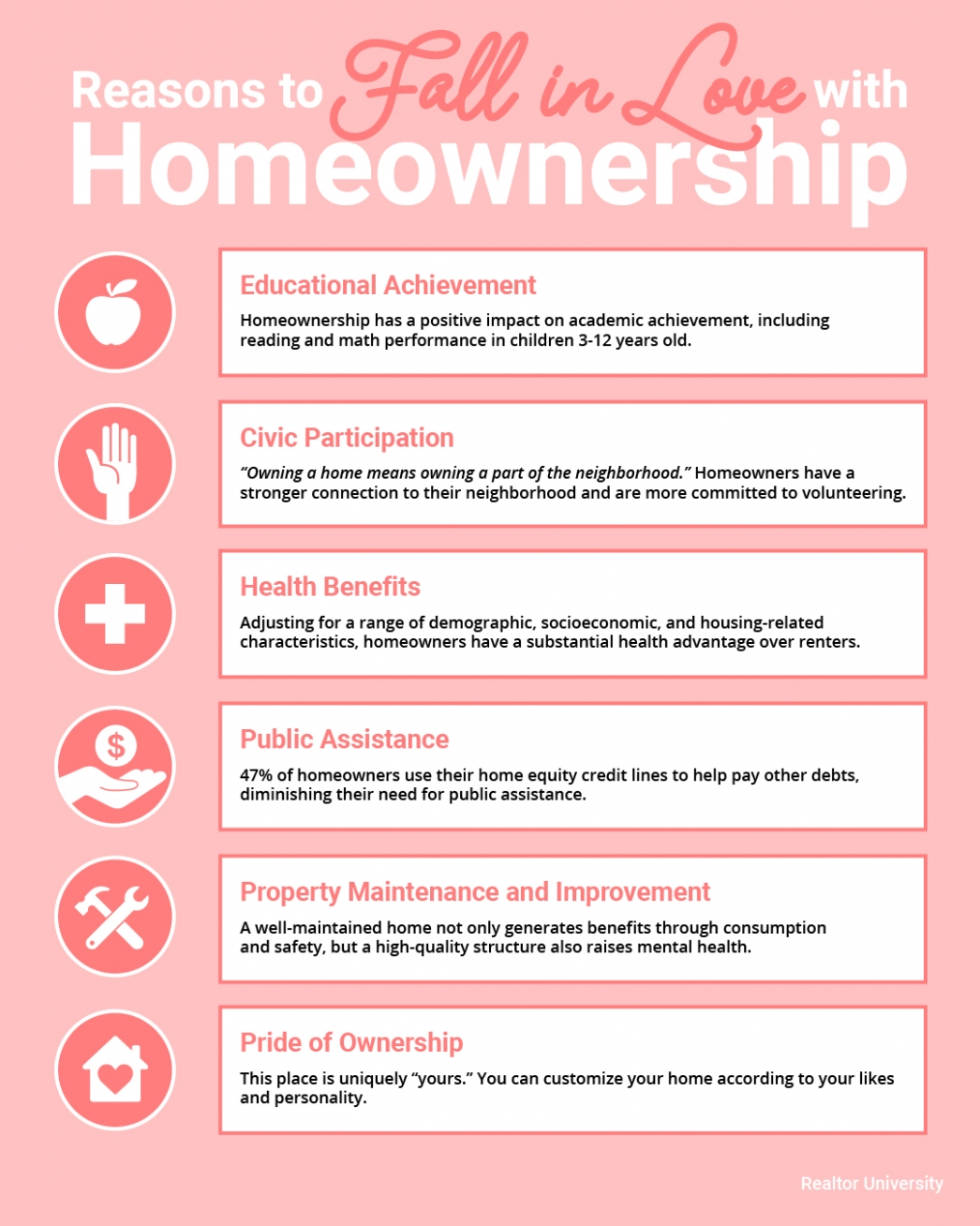Have you ever been flipping through the channels, only to find yourself glued to the couch in an HGTV binge session? We’ve all been there, watching entire seasons of “Love it or List it,” “Million Dollar Listing,” “House Hunters,” “Property Brothers,” and so many more all in one sitting.
When you’re in the middle of your real estate themed show marathon, you might start to think that everything you see on TV must be how it works in real life, but you may need a reality check.
Reality TV Show Myths vs. Real Life:
Myth #1: Buyers look at 3 homes and decide to purchase one of them.
Truth: There may be buyers who fall in love and buy the first home they see, but according to the National Association of Realtors the average homebuyer tours 10 homes as a part of their search.
Myth #2: The houses the buyers are touring are still for sale.
Truth: Everything is staged for TV. Many of the homes being shown are already sold and are off the market.
Myth #3: The buyers haven’t made a purchase decision yet.
Truth: Since there is no way to show the entire buying process in a 30-minute show, TV producers often choose buyers who are further along in the process and have already chosen a home to buy.
Myth #4: If you list your home for sale, it will ALWAYS sell at the open house.
Truth: Of course, this would be great! Open houses are important to guarantee the most exposure to buyers in your area but are only a PIECE of the overall marketing of your home. Keep in mind that many homes are sold during regular listing appointments as well.
Myth #5: Homeowners decide to sell their homes after a 5-minute conversation.
Truth: Similar to the buyers portrayed on the shows, many of the sellers have already spent hours deliberating the decision to list their homes and move on with their lives/goals.
![Interest Rates Over Time [INFOGRAPHIC]](https://files.mykcm.com/2020/02/20093247/20200221-MEM-1046x837.jpg)
Interest Rates Over Time [INFOGRAPHIC]
Interest Rates Over Time [INFOGRAPHIC] Some Highlights: With interest rates hovering at near historic lows, now is a great time to look back at where they’ve been, and how much they’ve changed over time. According to Freddie Mac, mortgage interest rates are currently...

You May Have More Home Equity Than You Think
You May Have More Home Equity Than You Think With home values appreciating, there's a good chance you have more home equity than you think. Let's connect to explore how you can use your equity in your next move.

The #1 Misconception in the Homebuying Process
The #1 Misconception in the Homebuying Process After over a year of moderating home prices, it appears home value appreciation is about to reaccelerate. Skylar Olsen, Director of Economic Research at Zillow, explained in a recent article: “A year ago, a combination...

The Many Benefits of Aging in a Community
The Many Benefits of Aging in a Community There’s comfort in being around people who share common interests, goals, and challenges. That comfort in a community doesn’t wane with age – it actually deepens. Whether it’s proudly talking about grandchildren or lamenting...
Ways to Declutter Before Listing the Family Home
Ways to Declutter Before Listing the Family Home 1. Toss the Trash We often become “clutter blind” to things that collect in our homes. If you have mail waiting to be sorted, handled, and discarded, magazines and newspapers you intended toread (but probably won’t),...
Adapting Your Home
Adapting with Age Most of us would prefer to age in our current home. But as health and aging issues make more areas of the home hard to access or pose a greater risk of injury, doing so can be difficult. We can begin to feel trapped and that selling our home is the...

Trusted Professionals Make Homebuying Easier
How Trusted Professionals Make Homebuying Easier to Understand In the spring, many excited buyers get ready to enter the housing market. Others continue dreaming about the homes they’d like to buy. The truth is, many potential buyers continue to dream longer than they...

The Overlooked Financial Advantages of Homeownership
The Overlooked Financial Advantages of Homeownership There are many clear financial benefits to owning a home: increasing equity, building net worth, growing appreciation, and more. If you’re a renter, it’s never too early to make a plan for how homeownership can...
Why the Electoral College Is So Important
Why The Electoral College Is So Important?

Reasons to Fall in Love with Homeownership
Reasons to Fall in Love with Homeownership Some Highlights: There are many benefits to love about homeownership, and they’re not all financial. Being a part of a neighborhood, driving academic achievement, and improving mental health are just a few of these...

